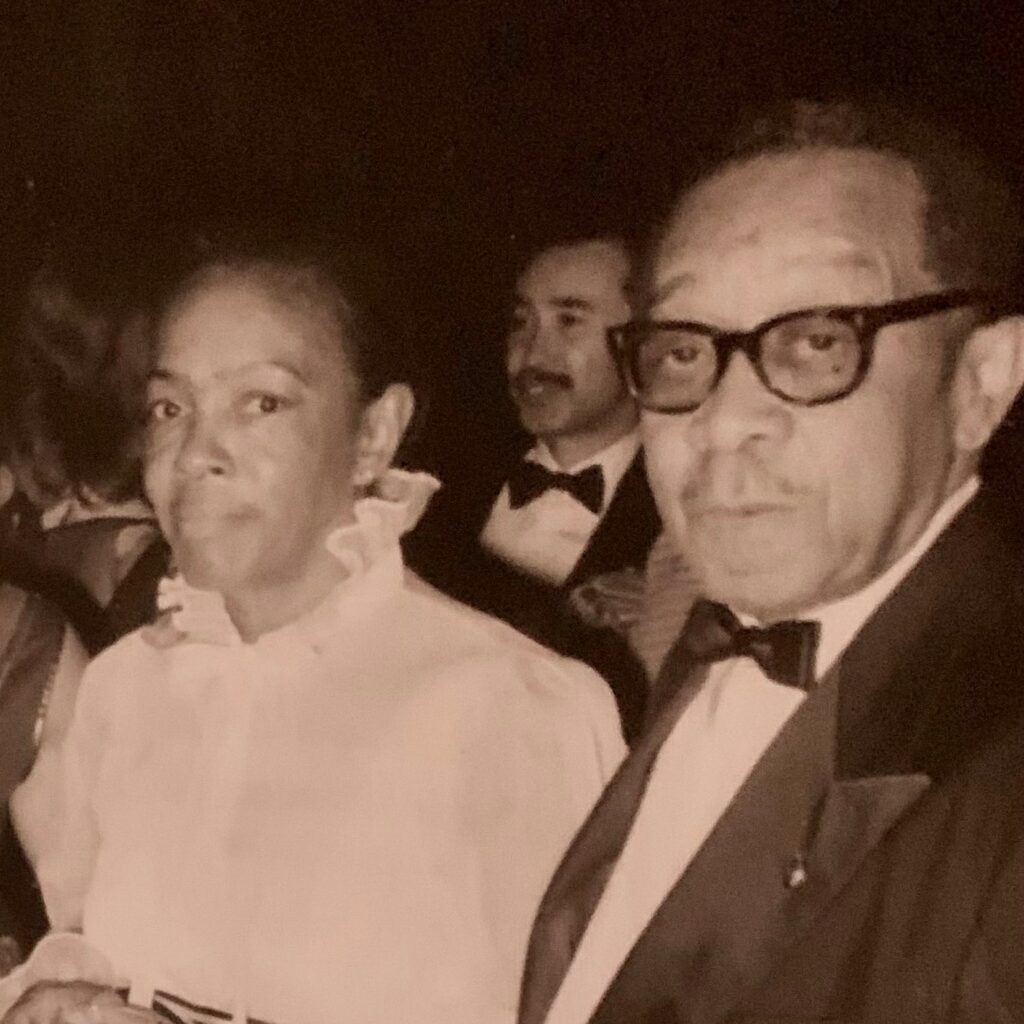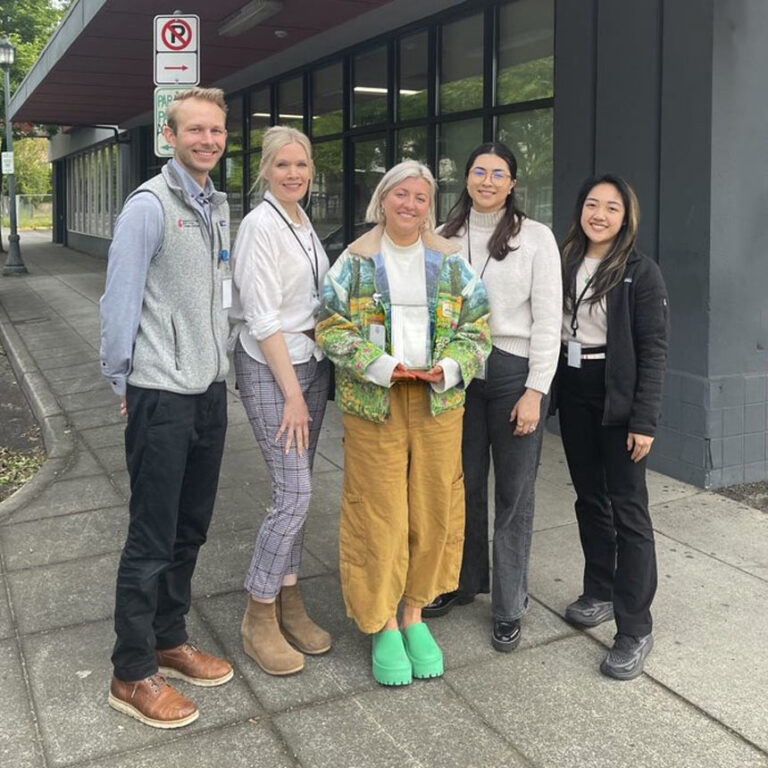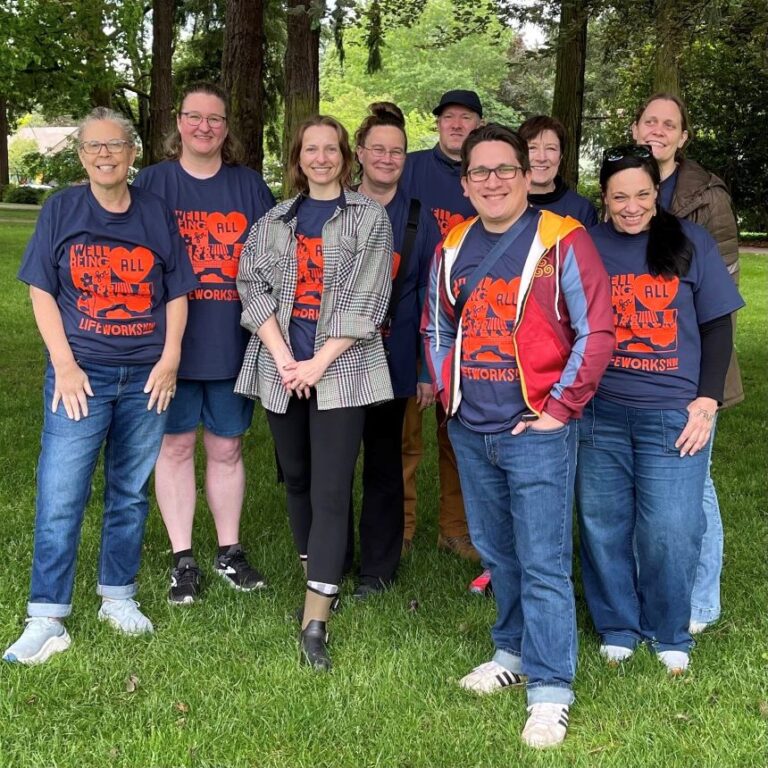
While most of us probably didn’t learn about them in school, there have been many African-American psychologists, psychiatrists, social workers, and therapists who have helped shape the mental health field over the past century. In honor of Black History Month, we’re highlighting a few of them to draw greater attention to their often-overlooked contributions.
Solomon Carter Fuller, M.D. (1872-1953)
Though he was born in Liberia, Dr. Fuller was the grandson of enslaved people from Virginia who emigrated to Africa after buying their freedom. He came to the U.S. in the late 1800s to pursue an education in medicine. He is known as the first black psychiatrist in the nation and was an early pioneer in Alzheimer’s disease research. Working with Dr. Alois Alzheimer as a research assistant, he studied samples of brain tissue from dementia patients. His work was pivotal to our understanding of the disease, noting the presence of amyloid plaques and neurofibrillary tangles in the brain. He also worked in private practice as a physician, psychiatrist, and neurologist.
Francis Cecil Sumner, Ph.D. (1895 – 1954)
The first Black man in the country to earn a doctorate in psychology, Dr. Sumner is often called “the father of Black psychology.” He studied differences in mental health between Black and white populations, at a time when most research was done without any representation of marginalized groups. His work also examined the criminal justice system and its effect on African-American mental health. He went on to help establish and run the psychology department at Howard University, a historically Black college, training the next generation of psychologists. Many of his pupils went on to become incredibly influential.
Inez Beverly Prosser, Ph.D. (1895 – 1934)
In 1933, Dr. Prosser was the first Black woman in the US to earn a doctorate in psychology following a successful 18-year career as an educator and researcher. While she grew up and earned her bachelor's degree in Texas, she was forced to relocate to continue her education, earning her master's at the University of Colorado, and her doctorate at the University of Cincinnati. She worked in Black elementary and high schools, and later in historically Black colleges where she helped many students obtain the funding they needed to pay for college and conduct their research. Tragically, her life was cut short at age 38 in a car accident, only a year after completing her doctorate.
Mamie Phipps Clark, Ph.D. (1917 – 1983) & Kenneth Clark, Ph.D. (1914 – 2005)
A pair of married psychologists, the Clarks partnered on groundbreaking research into the self-image of Black children. One of their best-known experiments involved the “doll test” that would eventually be instrumental in the Brown v. Board of Education case that ended school segregation in the U.S. The husband-and-wife team founded the Northside Center for Child Development in 1946. The Center offered psychological services and casework to families in the Harlem area, the first full-time agency of its kind. Notably, Kenneth Clark was one of Dr. Sumner’s students at Howard University.
Joseph L. White, Ph.D. (1932 – 2017)
While Dr. White was born nearly 40 years after America’s first Black psychologist, when he earned his doctorate in 1961 he was only one of five African-Americans in the country to hold that distinction. However, Dr. White’s pioneering work would ensure many more marginalized students would have the opportunity to enter the field. He founded the California Educational Opportunity Program, which helped more than 300,000 underprivileged students earn college degrees. He also established one of the nation’s first Black Studies programs at San Francisco University. In addition to mentoring more than 100 psychology doctoral students, he co-founded the Association of Black Psychologists. For these numerous contributions, he is often remembered as “the godfather of Black psychology.”
(Photo: Dr. Mamie Phipps Clark & Dr. Kenneth B. Clark courtesy of Wikimedia Commons)










